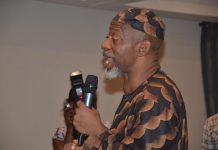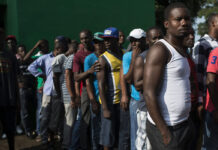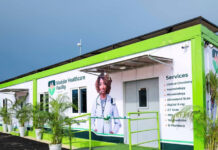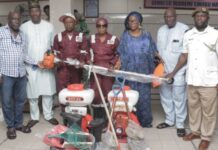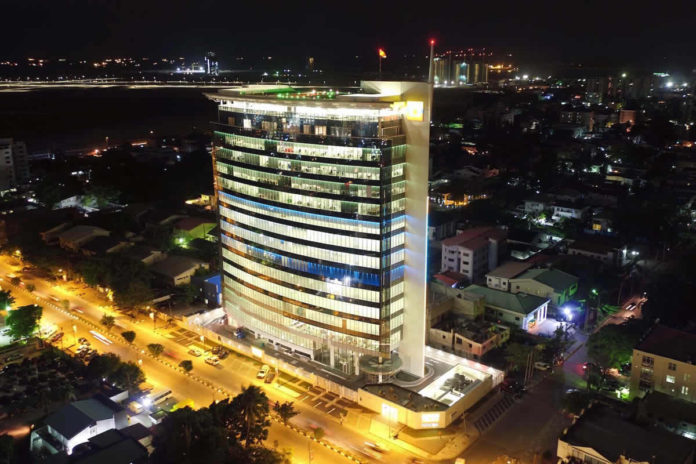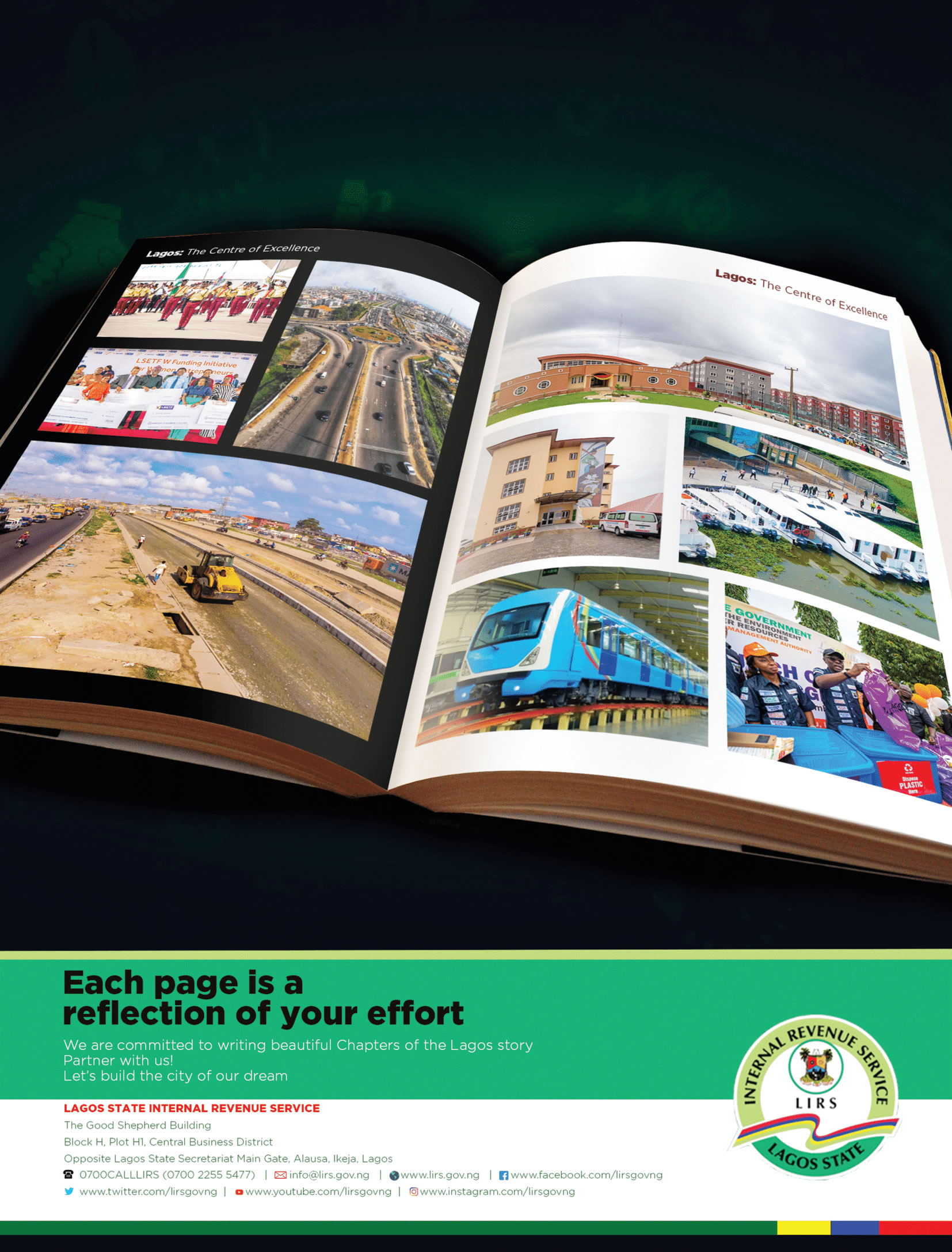The term resilience is such that has now been embraced by developed cities of the world, even the United Nations Office for Disaster Risk Reduction recently launched a Making Cities Resilient programme. Same goes for the 100 Resilient Cities project by Rockefeller Foundation, both highlighting urban hardiness around the world. In the simplest term, resilience reflects a city’s ability to persevere in the face of an emergency, to continue its core mission despite daunting challenges.
To western cities of the world, their resilience is measured in their abilities to effectively tame the menace of violence, drugs, discrimination among others, while the developing countries in their usual manner, are confronted with the challenges of infrastructural deficit, unemployment, disaster management among others. But regardless of either a nation is categorized as developed or developing, the defining factor and basis for assessing these countries lies in their ability to cope with their challenges and emerge stronger from whatever pressure they face.
 In effects, the United States and the western cities as a whole may not necessarily be a paradise-like haven as it is often portrayed when compared to some developing countries. As much as the world continues to exist, challenges listed above can never be eradicated completely. Each society can only continue to device means of coping with these challenges and emerge stronger and better.
In effects, the United States and the western cities as a whole may not necessarily be a paradise-like haven as it is often portrayed when compared to some developing countries. As much as the world continues to exist, challenges listed above can never be eradicated completely. Each society can only continue to device means of coping with these challenges and emerge stronger and better.
Some years ago, Lagos State was admitted by Rockefeller Foundation as one of the 100 resilient cities in the world. Among other factors, Lagos’ huge population stands as the basis for other numerous challenges confronting the State. The population of Lagos has been projected to double by 2050. Though this projection would take decades to suffice, there is need to put appropriate measures in place to cope with this huge projection because the result of what we fail to do today awaits us in the not too far future.
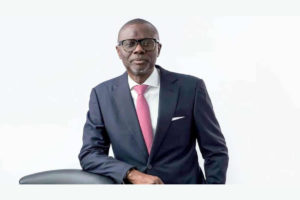 The present status of all cities across the globe, including Lagos State is an evidence of what some generations before the present were able to do and also what they have left undone. The dynamic nature which our environment is taking in recent time with experiences of natural occurrences such as climate change, hurricane, heat wave among others makes appropriate planning even more compelling.
The present status of all cities across the globe, including Lagos State is an evidence of what some generations before the present were able to do and also what they have left undone. The dynamic nature which our environment is taking in recent time with experiences of natural occurrences such as climate change, hurricane, heat wave among others makes appropriate planning even more compelling.
Closely related to the issue of population boom is the threat posed to the State’s self-sufficiency in food production. The possibility of acquiring fertile land for agricultural purposes that will serve its huge population is, no doubt, a huge challenge imposed on the State by nature, due to its limited. Although the state is already exploring its competitive advantages with other States within the country in this area, this partnership must be strengthened and sustained in view of the population bloom eminent in the State. This also defined Lagos as a resilient city amidst natural vulnerability.
Exploring the traffic situation across the metropolis also, one can say for a fact that some years past, relying on traffic information from a friend may not be the best step to take because of the unpredictability of Lagos roads. However, the establishment of Lagos Traffic Radio had since changed the narrative for good. The Radio outfit now provides real-time traffic information updates to Lagosians using both the conventional medium and the social media.
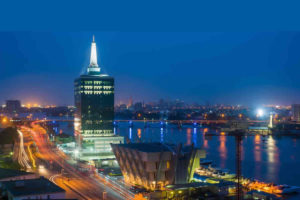 The challenge of flooding is another major challenge that stretches the resiliency of Lagos. Lagos is usually described as the State of Aquatic Splendor which means that the State is surrounded by water. The causes of flooding in this city ranges from urbanization, global climate change, change in weather pattern, tidal and cotidal influences etc. While efforts are on in addressing Anthropogenic activities, improved drainage systems, proper waste disposal methods, etc incidences of flooding clearly underscores the vulnerability of Lagos as well as its resiliency.
The challenge of flooding is another major challenge that stretches the resiliency of Lagos. Lagos is usually described as the State of Aquatic Splendor which means that the State is surrounded by water. The causes of flooding in this city ranges from urbanization, global climate change, change in weather pattern, tidal and cotidal influences etc. While efforts are on in addressing Anthropogenic activities, improved drainage systems, proper waste disposal methods, etc incidences of flooding clearly underscores the vulnerability of Lagos as well as its resiliency.
It will be unfair to ignore the plights of over 8 million people who travel to work each day on the 9,100 roads and expressways available in Lagos. With over 5 million registered vehicles on its roads, Lagos has an average of 200 vehicles per kilometer, exceeding the national average of 11 vehicles. Coping with the challenge of this huge vehicular movement on Lagos roads is better imagined than experienced. Addressing this situation is the cursory attention being paid to Lagos waterways as an alternative means of transporting residents of the State as evident in the just commissioned Bariga Waterfront Jetty with Five Transport Ferries.
Closely related also is the pressure which this vehicular and human movement puts on the state public infrastructure, of a truth, Lagos has too many people and too few roads. Addressing this, more infrastructure is being put in place while the existing ones are being maintained periodically.
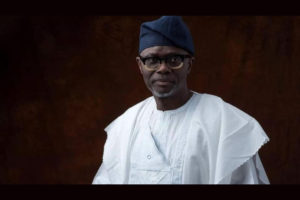 Another proof of the resiliency status of Lagos is the peaceful ambience enjoyed by the over 250 ethnic groups represented in the State. These ethnic groups had been living harmoniously in this city that had been adjudged to be the most peaceful state in the country at different time.
Another proof of the resiliency status of Lagos is the peaceful ambience enjoyed by the over 250 ethnic groups represented in the State. These ethnic groups had been living harmoniously in this city that had been adjudged to be the most peaceful state in the country at different time.
All the above factors and several others attest to the facts that the challenges confronting the inhabitants of this mega city are partly human and largely natural as well. It is, therefore, instructive that Lagosians live with the consciousness that today’s deeds await them in the not too far future. Thus, if conscious efforts are not made to do things the right way now, the consequence that lies ahead is very enormous and will even affect generations unborn.
In addition, there is need for Lagos State to conceive effective urban planning and building design that would facilitate the development of a greater capacity for future resilience considering the very limited landmass occupied by the State.
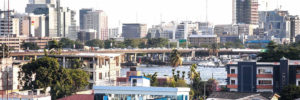
Now, as Lagos State joined the 100 Resilient Cities pioneered by the Rockefeller Foundation to create resilience for physical, social, and economic challenges which are the growing parts of the 21st century, it is hoped that Lagos would emerge even stronger from all its shocks, be it human or natural.
Afuwape is of the Lagos State Ministry of Information & Strategy, Alausa, Ikeja



